What is Alzheimer’s Disease?
Alzheimer’s disease (AD) is a degenerative disease, which is irreversible and progressive in nature. It is a type of dementia (loss of memory), a combined term for all the conditions associated with permanent impairment of the brain function, which finally leads to a decreased capacity to perform simple day-to-day activities. The prevalence of dementia in India is more than 4 million. It is a global health issue, with at least 50 million people having some forms of dementia.
What are the main signs and symptoms of Alzheimer’s Disease?
The early onset type of AD develops between the 30s and mid-60s, and the late onset type appears in mid-60s. As the disease advances, more damage occurs to the brain, and its progression may vary from person to person.
It proceeds through three stages:
- Mild
A person may function normally but may experience memory lapses, such as forgetting places or familiar words. Others symptoms include an inability to recollect right names, forgetting recent encounters, losing or misplacing objects and difficulty in planning or organising. - Moderate
Lasts longer and includes forgetfulness of recent events or about personal history, confused state, social withdrawal, trouble controlling bowel and bladder movements in some individuals, and losing touch with surroundings or reality. - Severe
Failure to respond to the environmental stimuli and normal conversations, with total dependence on others.
What are the main causes of Alzheimer’s Disease?
The causes are unknown; scientists have found a large build-up of proteins in the brain in people with Alzheimer’s. These excess proteins can interfere with normal brain cell function and may eventually lead to death. According to the available data, increasing age is considered an important risk factor of Alzheimer’s disease. More information on nerve damage due to age-related changes (shrinkage of certain brain parts, swelling, and free radical production) and eventual progression of Alzheimer’s is being searched for through various studies. The early onset type is mostly due to genetic influence and is usually rare, whereas the late onset type is due to a mixture of genetic, lifestyle, and environmental factors and is the commonest.
How is Alzheimer’s Disease diagnosed and treated?
Alzheimer’s is diagnosed by a series of tests to determine an individual’s mental capabilities and other brain skills with the passage of time. These may include:
- Medical history including changes in behaviour and personality.
- Medical tests, such as urine, blood, and spinal fluid tests.
- Brain scans (CT scan or MRI).
There is no complete cure till date for Alzheimer’s but the symptoms of dementia can be managed by some medicines. Scientists are conducting studies towards determining a way to delay or prevent Alzheimer’s by targeting the root cause.
Potential treatments may include:
- Treatments for diseases related to Alzheimer’s, such as heart disease and type 2 diabetes.
- Cognitive training for improved thought processes and tackling anxiety, agitation, aggression, and depression.
- Specific Diet such as Mediterranean or Dietary Approaches to Stop Hypertension (DASH) that is low in saturated fats.
- Exercise.
- Aromatherapy.
- Indulging in music or dance.
- Animal-assisted therapy.
- A soothing massage.
- Multi-sensory stimulation.
The treatment must be monitored and conducted by experienced persons to achieve maximum benefit.

 Doctors for Alzheimer's Disease
Doctors for Alzheimer's Disease  OTC Medicines for Alzheimer's Disease
OTC Medicines for Alzheimer's Disease
 Alzheimer's Disease articles
Alzheimer's Disease articles News for Alzheimer's Disease
News for Alzheimer's Disease
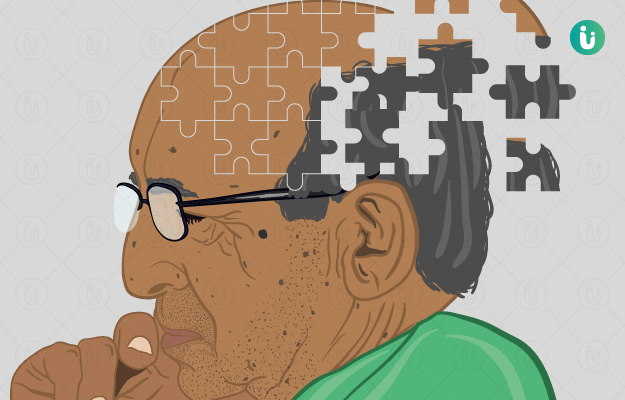
 Diet for Alzheimer's Disease
Diet for Alzheimer's Disease


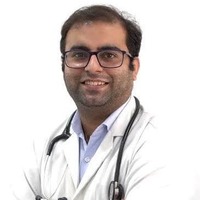
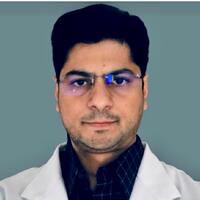

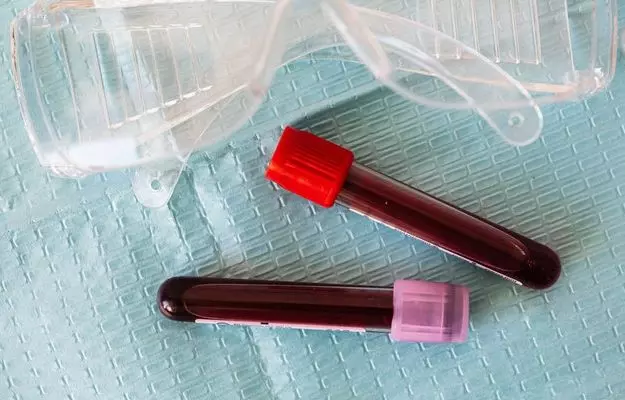
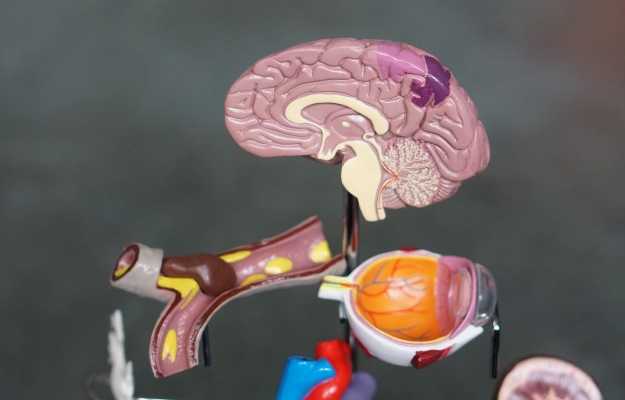


 Dt. Akanksha Mishra
Dt. Akanksha Mishra


 Dr. Ayush Pandey
Dr. Ayush Pandey











